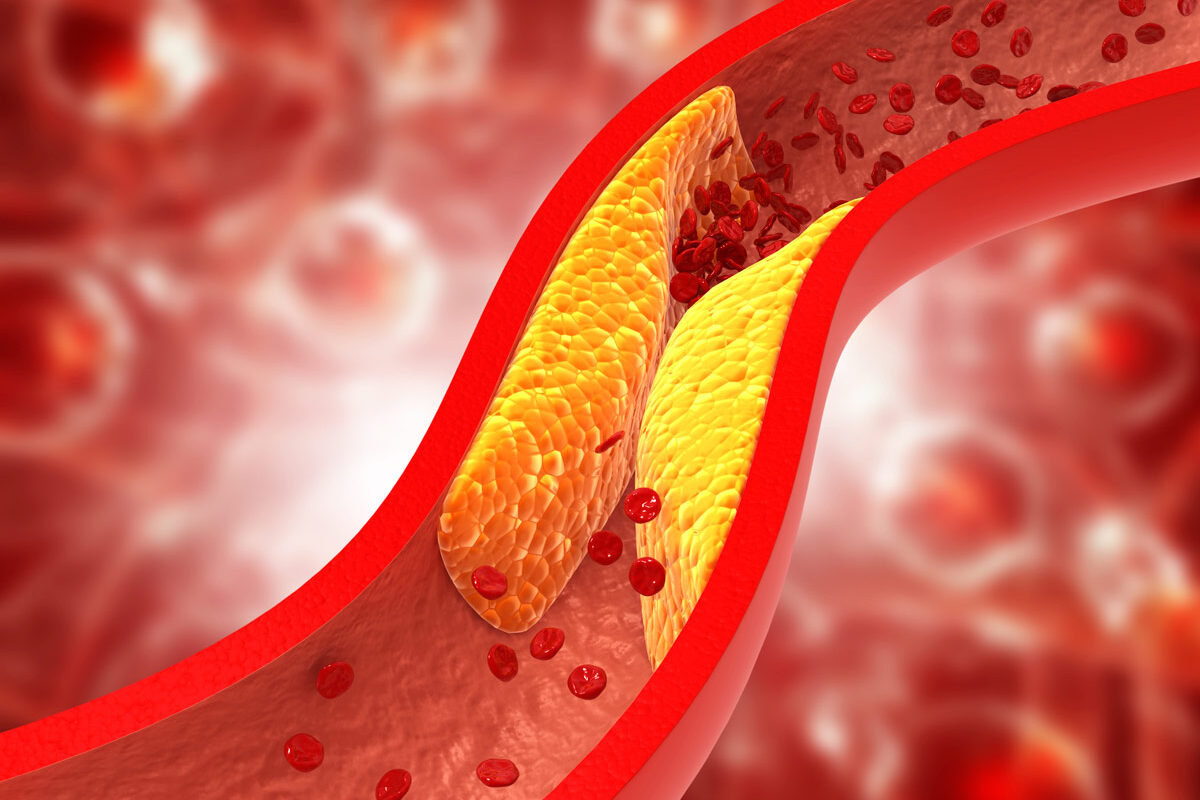A Very Rare Variant in SREBF2, a Possible Cause of Hypercholesterolemia and Increased Glycemic Levels
Abstract:
Patients with high cholesterol and glucose levels are at high risk for cardiovascular disease.The Sterol Regulatory Element Binding Protein (SREBP) system regulates genes involved in lipid,cholesterol and glucose pathways.
Autosomal Dominant Hypercholesterolemias (ADHs) are a groupof diseases with increased cholesterol levels. They affect 1 out of every 500 individuals. About20–30% of patients do not present any mutation in the known genes (LDLR,APOB and PCSK9).
ADHs constitute a good model to identify the genes involved in the alteration of lipid levels orpossible therapeutic targets. In this paper, we studied whether a mutation in the SREBP system could be responsible for ADH and other metabolic alterations present in these patients.
Forty-one ADH patients without mutations in the main responsible genes were screened by direct sequencing of SREBP system genes. A luciferase reporter assay of the found mutation and an oral glucosetolerance test in carriers and non-carriers were performed.
We found a novel mutation in the SREBF2 gene that increases transcription levels and cosegregates with hypercholesterolemia, and we foundincreased glucose levels in one family. SREBP2 is known to be involved in cholesterol synthesis, plasma levels and glucose metabolism in humans. The found mutation may involve the SREBF2 gene in hypercholesterolemia combined with hyperglycemia.
Date: May 2022
Authors: Ana-Bárbara García-García1,2 , Sergio Martínez-Hervás1,3,4,5 , Santiago Vernia 6,† ,‡ , Carmen Ivorra 2,§,Inés Pulido 7,8 , Juan-Carlos Martín-Escudero 9, Marta Casado 6, 10 , Julián Carretero 8, JoséT. Real 1,3,4,5and Felipe Javier Chaves 1,2
Biomedicines 10(5):1178
Link DOI:10.3390/biomedicines10051178
Nutrigenomics Institute is not responsible for the comments and opinions included in this article






